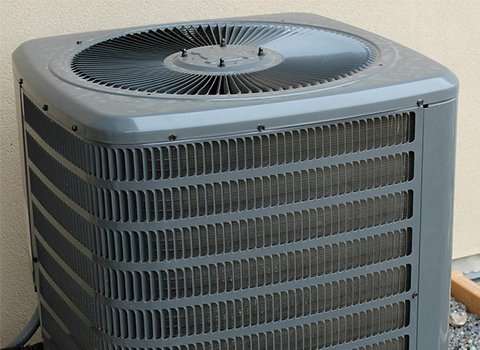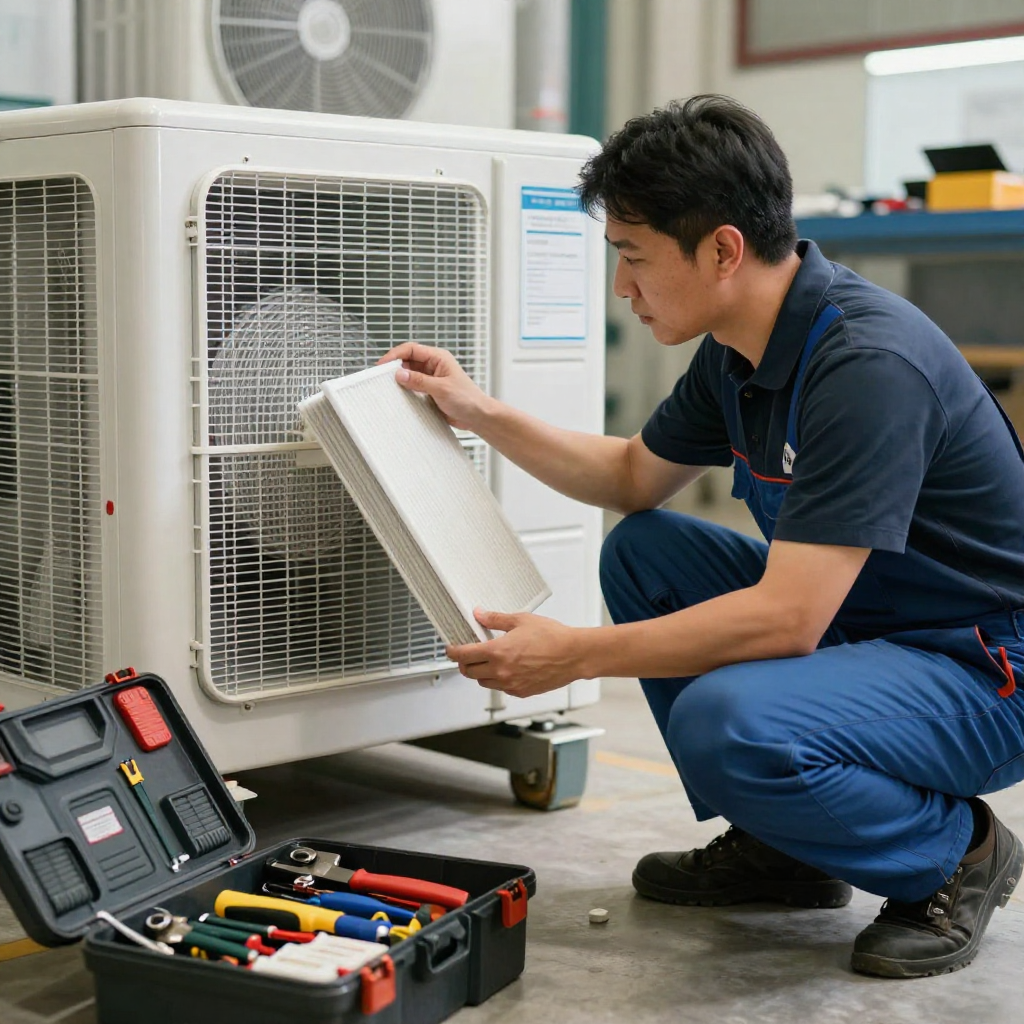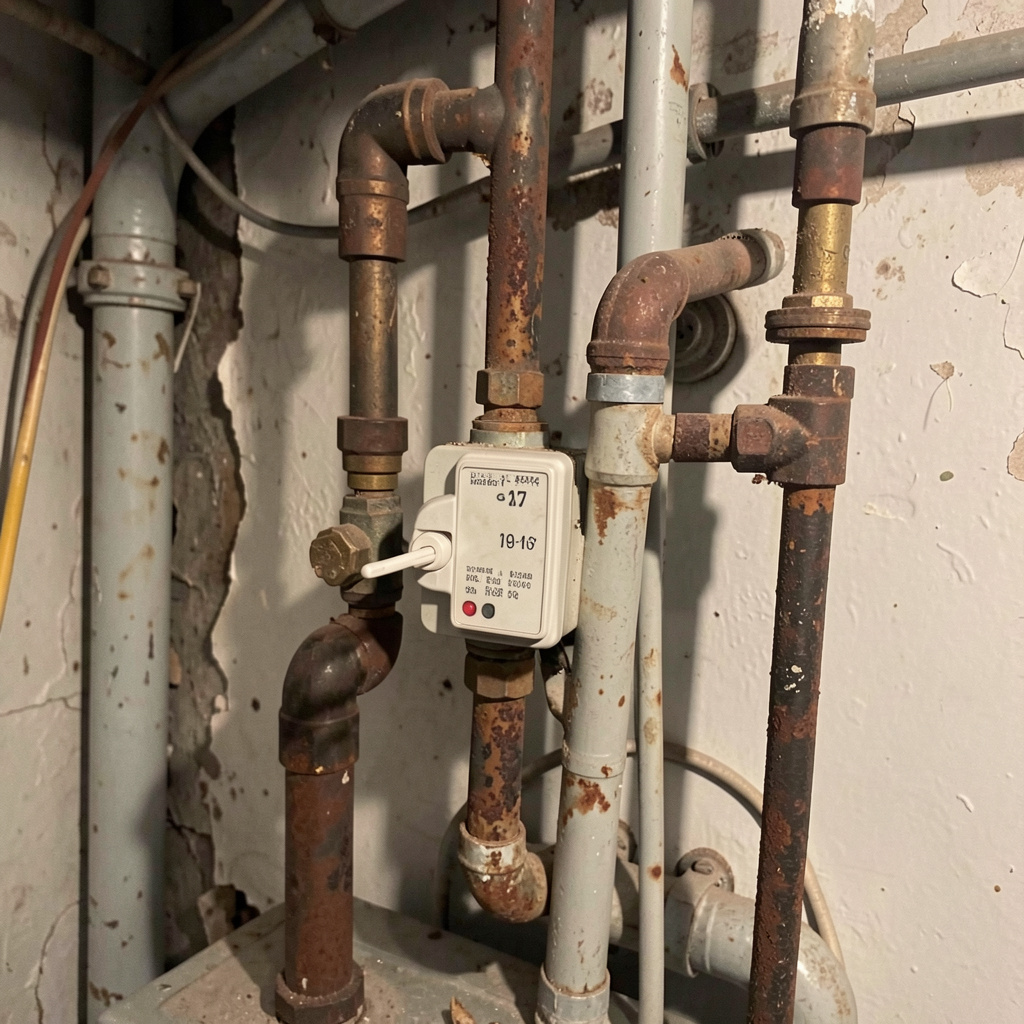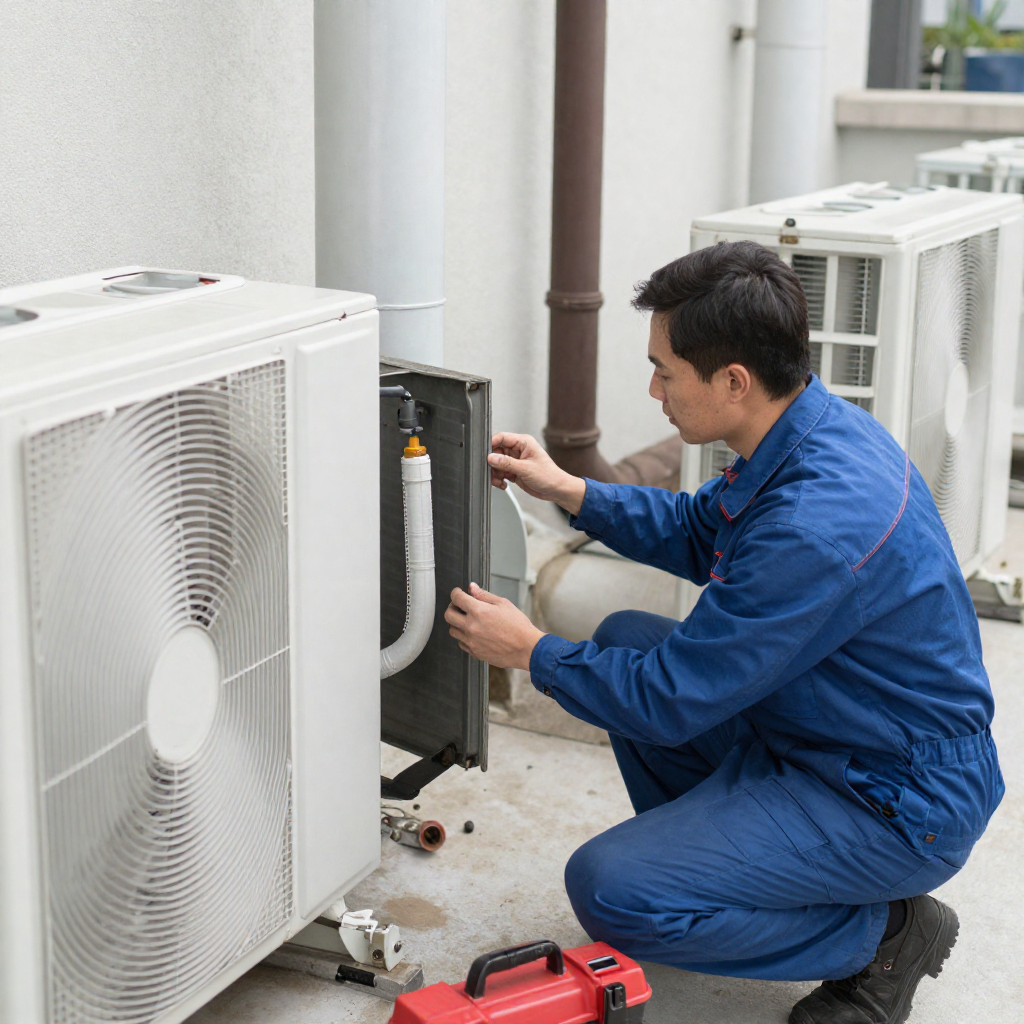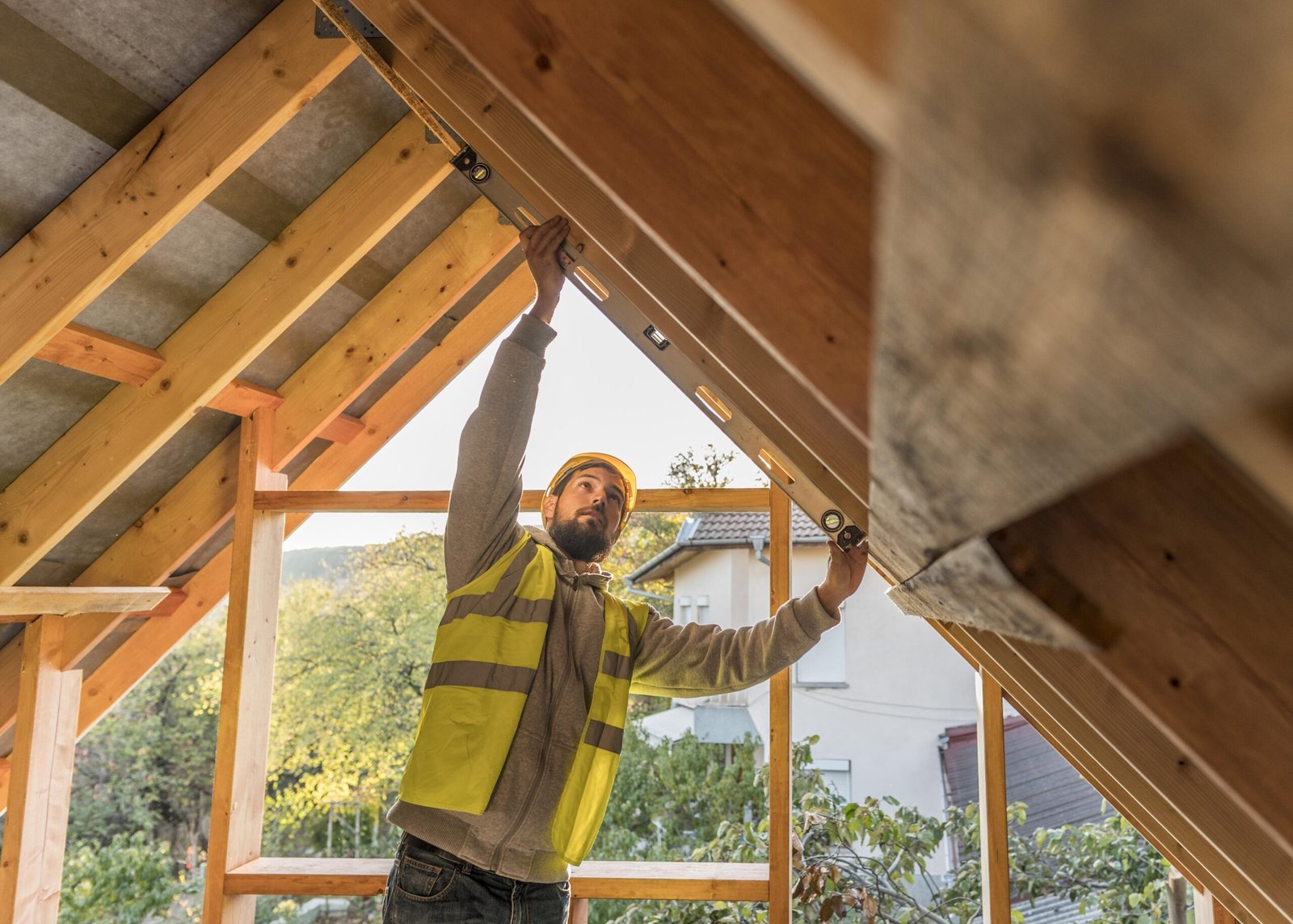When investing in a new HVAC system, one of the most common questions homeowners ask is:
“How many years should an HVAC system last?”
Understanding the typical lifespan of an HVAC system can help you plan for maintenance, repairs, and eventual replacement, ensuring your home remains comfortable year-round, and the time that your HVAC system last.
The Average Lifespan of HVAC Systems
On average, an HVAC system can last between 10 to 15 years. However, this lifespan can vary based on several factors, including the quality of the system, how well it’s maintained, and the climate in which it operates. In Houston, Texas, where the weather can be extreme, these factors can influence the longevity of your HVAC system.
Factors Affecting the Lifespan of Your HVAC System
- Quality of the System
The initial quality of your HVAC system plays a significant role in how long it will last. Higher-end systems from reputable manufacturers typically come with longer warranties and are built to withstand the rigors of continuous use. Investing in a quality system can pay off in the long run, as it may last closer to the upper end of the 10-15 year range.
- Maintenance and Care
Regular maintenance is crucial for extending the life of your HVAC system. Routine tasks such as changing filters, cleaning coils, and scheduling annual inspections can prevent small issues from becoming major problems. A well-maintained system is more likely to reach or even exceed its expected lifespan.
- Installation Quality
Proper installation is essential for the longevity of your HVAC system. An improperly installed system can lead to inefficiencies, increased wear and tear, and premature failure. Ensure that your system is installed by a certified and experienced HVAC professional to maximize its lifespan.
- Usage and Climate
The frequency with which your HVAC system is used and the local climate can also impact its longevity. In Houston, where temperatures can soar during the summer and drop during the winter, your system may experience more stress than in regions with milder climates. Proper insulation and energy-efficient practices can help alleviate some of this stress.
Signs That Your HVAC System Is Nearing the End of Its Lifespan
As your HVAC system approaches the end of its expected lifespan, you may notice certain signs indicating that it’s time for a replacement:
- Increased Energy Bills: If you see a significant increase in your energy bills despite no changes in usage, it could be a sign that your system is losing efficiency.
- Frequent Repairs: Regular breakdowns and repairs can indicate that your system is struggling. If repair costs are adding up, it might be more cost-effective to replace the system rather than continue to patch it up.
- Uneven Temperature Distribution: Difficulty maintaining consistent temperatures throughout your home can be a sign of an aging system.
Strange Noises: Unusual sounds such as banging, rattling, or squealing can be indicative of internal issues that may signal the end of your system’s life.
What to Do If Your HVAC System Is Nearing the End of Its Lifespan
f you suspect that your HVAC system is nearing the end of its useful life, consider taking the following steps:
- Schedule a Professional Inspection: Have a licensed HVAC technician inspect your system to assess its condition and provide recommendations for repairs or replacement.
- Evaluate Your Options: Research the latest HVAC technologies and consider upgrading to a more energy-efficient model that can save you money on your utility bills.
- Plan for Replacement: Start planning for the replacement process by budgeting and selecting a reputable HVAC contractor.
Understanding the lifespan of your HVAC system helps you make informed decisions about maintenance, repairs, and replacement. While the average lifespan of an HVAC system is 10 to 15 years, several factors can influence its longevity. By staying on top of maintenance and addressing issues promptly, you can ensure that your system provides reliable comfort for years to come.
If you’re concerned about the condition of your HVAC system or think it may be nearing the end of its lifespan, contact Cool Techies today. Our experts can help you assess your system and explore the best options for keeping your home comfortable.
By Calixto Armas

